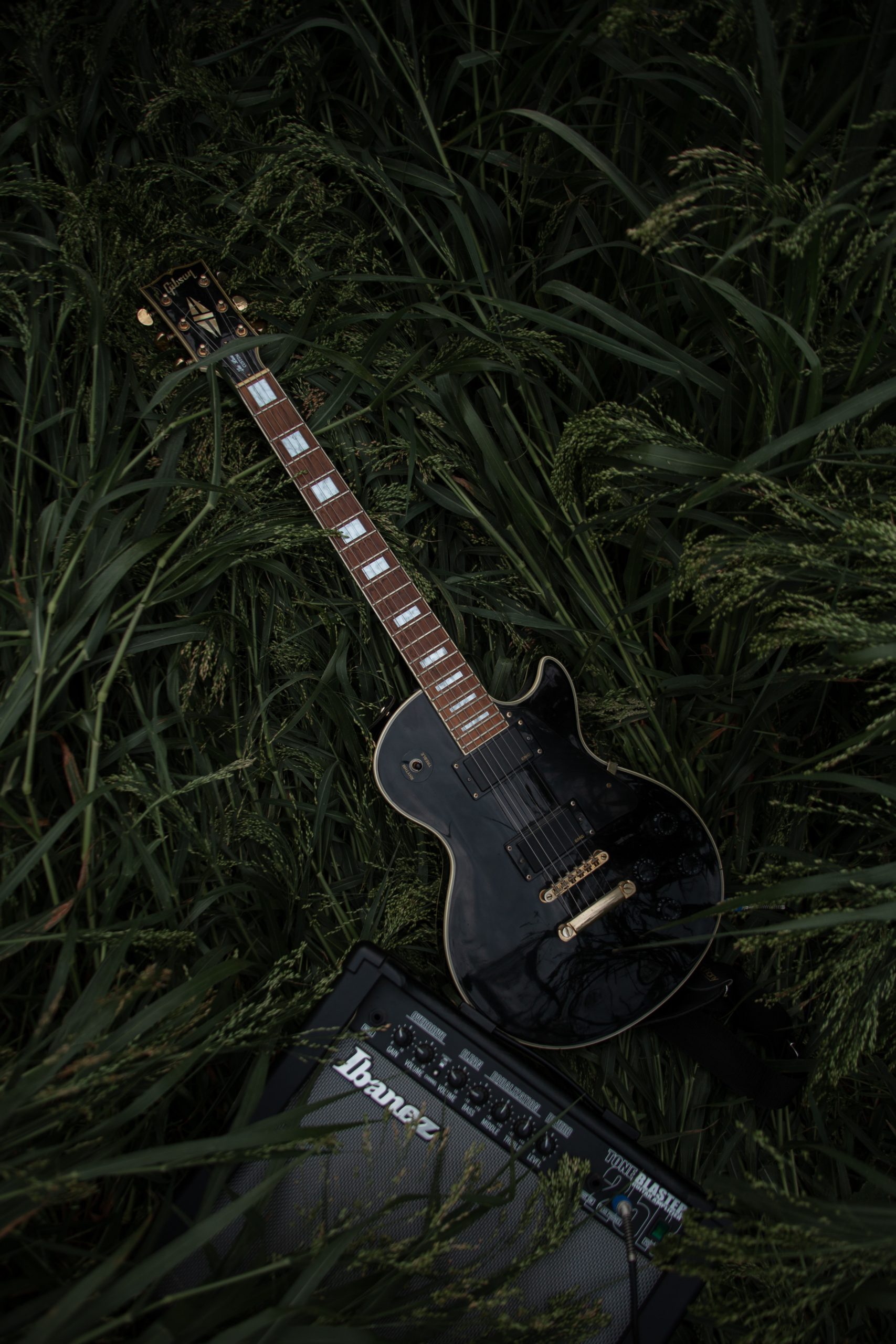Most early Canadian soul music came from Ontario. Canada’s Black population was concentrated in the country’s biggest cities, as well as parts of Nova Scotia. Of the few Canadian soul records out there, generally 45’s, most were recorded and released in Ontario. Fans might then understandably overlook some of our soulful west coast vibes, and Vancouver’s music history isn’t discussed nationally as often as Toronto’s.
Given Canada’s relatively small Black population, especially 60 years ago, a lot of 1960’s soul music here came from white bands, some of whom had Black singers. This wasn’t unique to Canada; Geno Washington in England, Jay and the Techniques from Pennsylvania, and upstate New York’s Wilmer and The Dukes all come to mind. Nonetheless, there were fairly few all-Black bands in Canada at the time, which helps explain why the first Black Canadian band to get signed to a major label wasn’t until 1975, for Crack of Dawn.
Many Black Albertans arrived in Canada in the early and mid twentieth century, leaving Jim Crow states like Oklahoma behind for a new life on the Canadian prairies. Cities like Calgary weren’t particularly hospitable to minorities, according to Tommy Chong who grew up there and formed a band with four African Canadians, before being asked to leave town and take his band with him. Chong’s band The Shades, and the singer Jayson Hoover would, separately, find their ways to Vancouver and shake up the soul music scene over there.
While isolated from the rest of Canada, Vancouver was the last northern stop on the Pacific touring circuit. When borders were easier to cross, Vancouver was a regular stop for San Francisco bands as well as international touring bands playing the U.S. west coast.
There were multiple soul bands in town, and some had Black singers, like Soul Unlimited with singer Carl Graves, and Jamaican- Canadian Kentish Steele sang for The Shantelles.
In 1964, Jayson Hoover left Alberta on vacation to visit Vancouver, and never looked back. He teamed up with local soul players The Epics, where he met his future song-writing partner Jim Harmata
Jayson Hoover and Barry Collins shared vocals for the band, calling themselves The Soul Brothers, until Collins left in 1965. With his actual brother Tom, Collins would soon sing for fellow Vancouver soul purveyors Mojo & Co.
The Epics are featured on the 1967 double album “Live From The Grooveyard.” It features most of the Vancouver soul players of the era, minus Bobby Taylor and the Vancouvers. Jamaican-born Kentish Steele’s smooth vocals for The Shantelles. The Carl Graves- fronted Soul Unlimited and Jayson Hoover with The Epics are all on this album, along with The Stags, Shockers, Nocturnals and Night Train Revue. While recorded in a local studio with audience noise dubbed in, it provides a glimpse of what those shows presumably sounded like. The album leaves a decent document for posterity; if only other cities’ scenes could have gotten similar projects off the ground, documenting their era.
There is some confusion regarding exactly when The Epics folded morphed into The Trials of Jayson Hoover. Some sources say the year was 1966, but The Epics perform a cover of The Parliaments’ “I Wanna Testify” on the local television show “Let’s Go,” and that George Clinton song came out mid 1967.
CBC’s “Let’s Go” was part of a multi-city music t.v. series shot from coast to coast through the work week, starting in Vancouver, then continuing through Winnipeg, Toronto, Montreal and Halifax. Quite a few notable Canadian musicians passed through during the show’s run, most notably The Guess Who.
One frustrating aspect of “Let’s Go” is the show had great international artists who were only ever interviewed (instead of playing), and their hit songs performed by local Canadians, who were only allowed to play covers of the new international hits. Regardless, “Let’s Go” put a few local soul acts on Canadian television, giving them significant exposure in the days when there only were a few channels. Jayson Hoover and Lynn Brooks sang through a Motown themed episode, while The Collins Brothers with the Mojo Co. were featured in another soul themed episode.
The Trials of Jayson Hoover opened for a few big acts passing through Vancouver, including Led Zeppelin’s 1968 Canadian debut. In December of that year they released their first single, “King Size,” written by Hoover and Jim Harmata. The song was cut in Vancouver and released on Tom Northcott’s New Syndrome label. It reached #8 on local charts.
The following year, they held down a residency in Portland Oregon, and played in western Canada.
In 1970, Hoover formed Anvil Chorus to play harder, more psychedelic music. Anvil Chorus released a string of singles in 1970, playing with a Funkadelic infused vibe. “Rhythm Is The Way” – another Hoover – Harmata collaboration- was first, and it was issued through much of Europe. For some reason Hoover at this time was credited as Jayson Henderson.
The Trials of Jayson Hoover, personnel and name, were back in action by the end of 1970. They released a few more singles, including a cover of one-time Torontonian Tobi Lark’s song “Freedom Train.” Hoover’s rendition made the local top 20.
They appeared in a March 1971 issue of RPM magazine, which mentions a Hawaiian residency, and this happened months before Hoover left the group. Interestingly, Hoover recently posted an ad for the band’s Toronto debut on his Facebook page, and they didn’t play Toronto until 1971, despite a strong local soul music scene. It serves as a reminder that cross-country touring was more daunting than some bands were ready for.
Hoover’s first solo single “Everything’s Alright” was his last for New Syndrome Records, as he signed with Mushroom Records, Vancouver’s largest home-grown label. He played as Jayson Hoover and Stuff around this time. His 1974 self titled album has a number of funk gems. “She’s My Lady” reached the Winnipeg Top 20. Hoover was back on CBC TV in 1974, on the “Music Machine” show.
About half the songs on the album are written by Hoover with his new guitarist, Dennis Green. Clydie King and King Errison (of Incredible Bongo Band fame) are among the players. The funk songs are solid, and mixed with slow jams. The Counts’ “Ridin High” opens the l.p.
Hoover has continued to sing over the intervening decades, and turned 75 last year. Jayson Hoover and the Groovers is but one of his more recent bands’ names. Hoover’s Facebook page mentions a documentary, to be released later in 2021.
—
In the next part of this tale from the old west, fellow Albertans The Shades move to Vancouver, and record one of Canada’s biggest yet least known soul hits.
—
While Jayson Hoover left Alberta to find success singing for Vancouver’s The Epics, The Calgary Shades left Alberta to find immense success with an American singer they’d work with in Vancouver.
The Shades were doing brisk business playing around Calgary before the mayor and chief of police summoned their guitar player, Tommy Chong, and advised him and his band to leave town. Tommy Chong had family connections to Vancouver night spots, which presumably made relocating on the coast less daunting a move.
The Shades went through a few names in their short existence, some risqué and others unprintable today. In Vancouver they worked and recorded as Little Daddy and the Bachelors.
Bobby Taylor started singing at 3 years old and his repertoire came to include many styles, including Gregorian chants. Born in 1934 and raised in Washington D.C. Taylor saw weekly Ku Klux Klan meetings at the Capitol, and decided he’d be safer fighting in Korea. Discharged in 1951, the 17-year-old war veteran went to New York City and later Ohio to sing, before finding himself in San Francisco where he met his next band. At least one account has the band meeting Taylor in Vancouver, and Tommy Chong’s recollections have proven inconsistent over the years. For instance, most accounts say Chong pushed for the band’s rude name changes after seeing Lenny Bruce in San Francisco. Chong has said in at least one interview the name “4 N-words and a C-word” was Taylor’s idea. The band actually used that name, as well as the full spelling, as well as Four Coloured Fellows and an Oriental Lad.
The cantankerous Taylor must have liked Chong’s guitar style. According to producer and author Ian Levine, Taylor once fired Jimi Hendrix because “his solos went on too long.”
Hoping to get actual bookings, Bobby Taylor seems to have had a hand in coming up with the name Bobby Taylor and the Vancouvers.
The band was playing at the Elegant Parlour in Vancouver in 1966 when Supremes Mary Wilson and Florence Ballard showed up. They got word back to their label boss Berry Gordy about this hot band (who played plenty of Motown covers in their regular set) and Bobby Taylor and the Vancouvers were signed to Motown.
The band toured with the pre-Funkadelic Parliaments and by the end of 1967 they relocated to Windsor Ontario, after getting nervous in post uprising Detroit. One song, written by Tommy Chong, became a smash hit and nudged Motown toward including more topical songs in their catalogue.
Sang by Bobby Taylor, most assumed “Does Your Mama Know About Me?” was written about Taylor dating a white girl. Through the spring of 1968 the song climbed the charts, ultimate reaching # 5 R&B and 29 on Billboard’s pop chart.
Maxine Sneed was the girl in the song; her brothers were in Chong’s band and he had married Maxine Sneed back in 1960. “Does Your Mama Know About Me?” was about Chong’s worries concerning meeting Sneed’s African Canadian mother, as an Asian Canadian guy.
While on tour in 1968, Bobby Taylor and the Vancouvers had a series of dates at the Regal Theatre in Chicago; a ten day battle of the bands. One that caught Taylor’s attention was Indiana’s Jackson 5. Taylor got them an audition for Motown and went to work for the band. The Vancouvers were redeployed to back label mate Chris Clarke, and soon two of them were fired when they were late for a show after applying for Green Cards. Wes Henderson moved on, Tommy Chong was more interested in comedy by this time and was happy to go, and drummer Floyd Sneed went to play with Three Dog Night. Taylor joined The Corporation, Motown’s new elite song-writing team, led by Gordy himself, but didn’t last there. Her recorded for a series of smaller labels after leaving Motown.
Bobby Taylor and the Vancouvers never repeated the success of “Does Your Mama Know About Me?” Still, that song is an enduring classic, and lives on as fans continue to apply it to their own experiences in relationships with a looming parental shadow.



